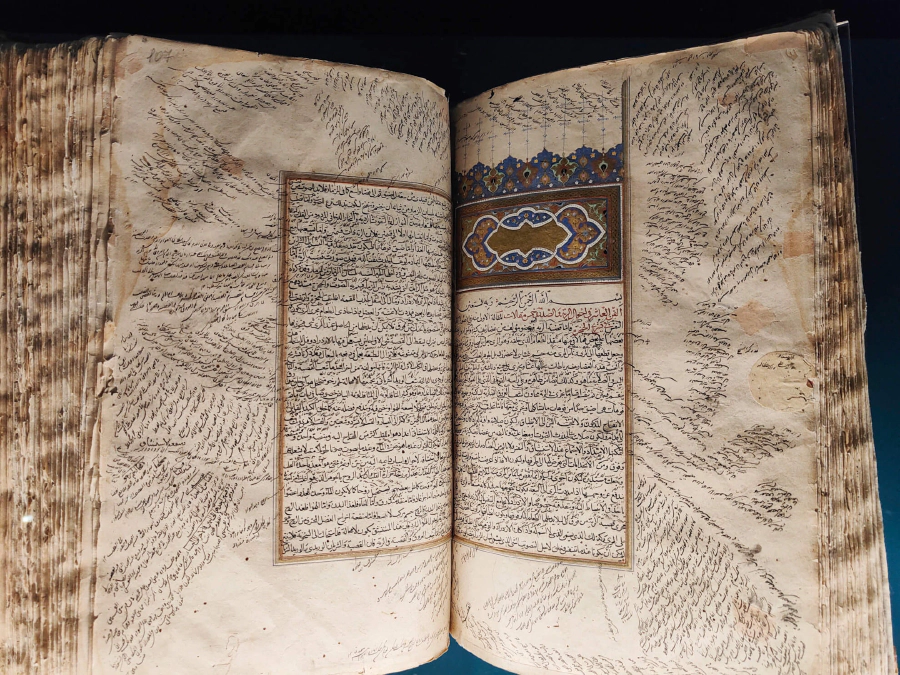 April 28, 2023 | Reading time: 2 minutes
April 28, 2023 | Reading time: 2 minutes
- Categories : KM , Old-School-KM
- Tags :
5 Knowledge Management lessons from the Middle Ages
A few weeks ago during my visit to the exhibition “The splendours of the Uzbekistan’s oases”, I came across a XIV century copy of one of the manuscripts of Avicenna and I was amazed by this fragment of knowledge which crossed a millennium and by what it tells us about knowledge management at the time.
M.D. by day, philosopher by night, Ali Ibn Sina (known as Avicenna in the West) lived at the beginning of the 11th century, and his disciples called him sheikh el-raïs, that is to say “prince of scholars”. In short, he was the E.M.E.A. Knowledge Domain Expert of the time.
When we look at his approach to knowledge management (which dates back over 1000 years, I insist), we realize that some of today’s fundamental KM concepts were already in practice at the time.
1. Turn tacit knowledge into explicit knowledge
Avicenna well understood the value of the externalization of knowledge: he recorded all his knowledge in three manuscripts, the medical encyclopedia Qanûn (“Canon of medicine”) and his two scientific encyclopedias the Book of Healing (of the soul) and Danesh-e Nâma (“Book of science”). These 3 books will be copied (by hand of course), translated into several languages and distributed throughout Europe for several centuries.
2. Capturing what we know, even if we are not sure
Leonardo da Vinci will be one of the first to question many elements of the Qanûn, prove Avicenna wrong and to revisit our understanding of human anatomy. But even if it was imperfect, the knowledge shared by Avicenna was useful for almost five centuries.
3. Reuse is Review : you must update your knowledge when you reuse it or when you experience new things
As you can see in the picture, there have been quite a few annotations by many authors on the text over the years which have contributed to the collective improvement of knowledge on these topics.
4. The tool serves the process (not the other way around)
Even knowing the price of paper at the time, people were not stingy when it came to the margins because they knew that there would be many annotations. The “tool” was therefore planned accordingly!
5. Sharing knowledge is a good way to get recognized
If he had not recorded his knowledge on paper and had not authorized his disciples to distribute copies, everyone would have forgotten even the existence of Avicenna.